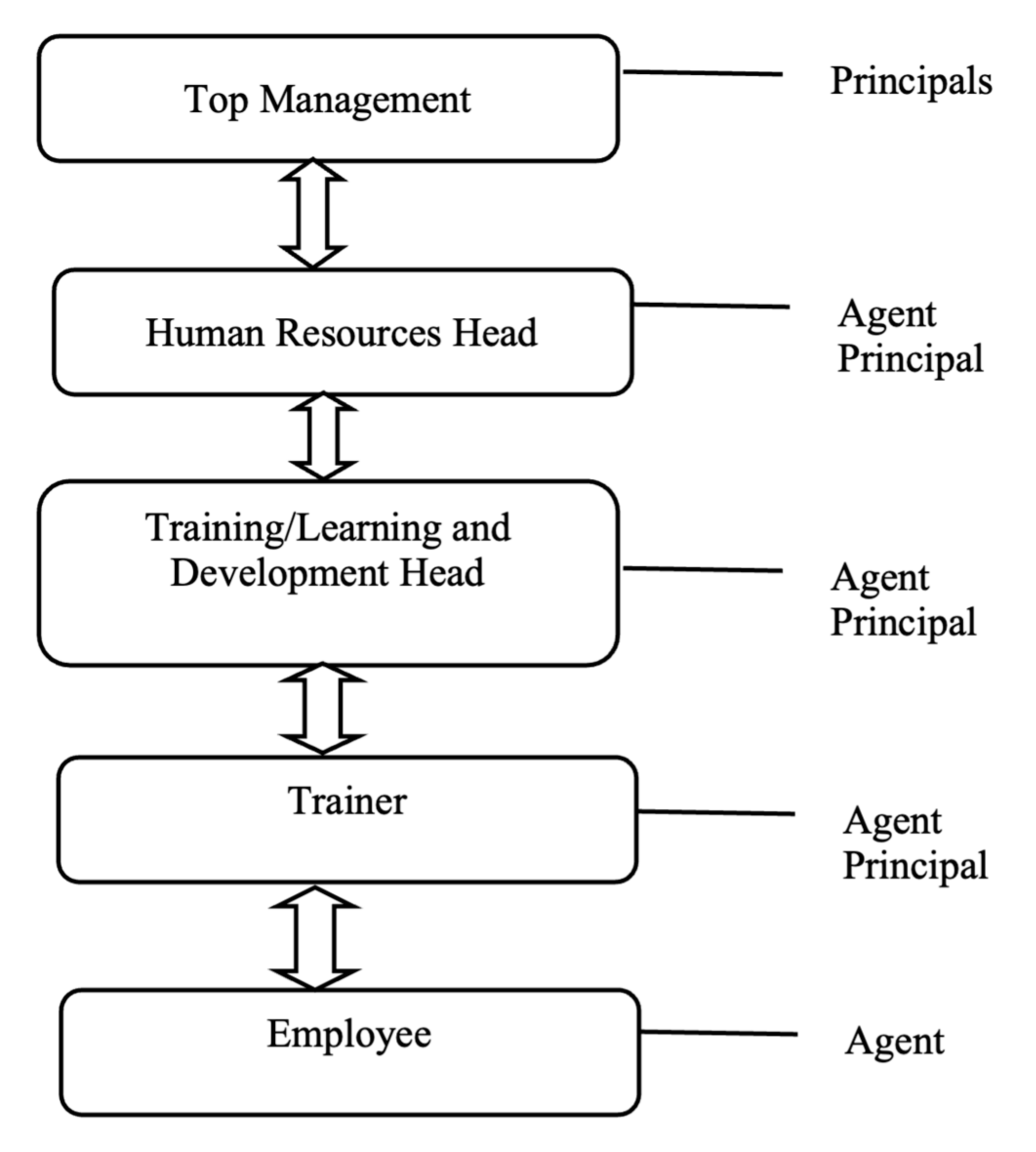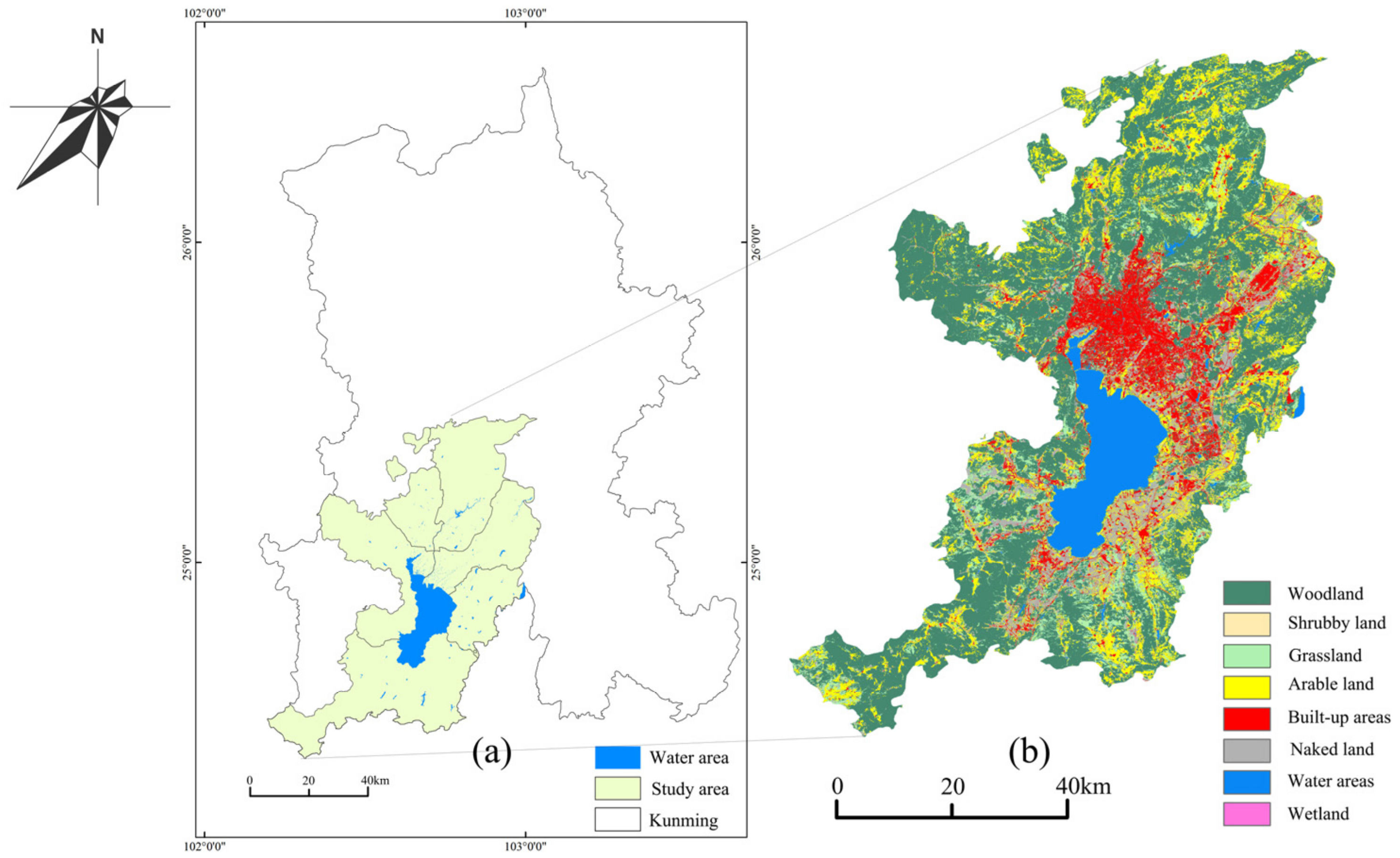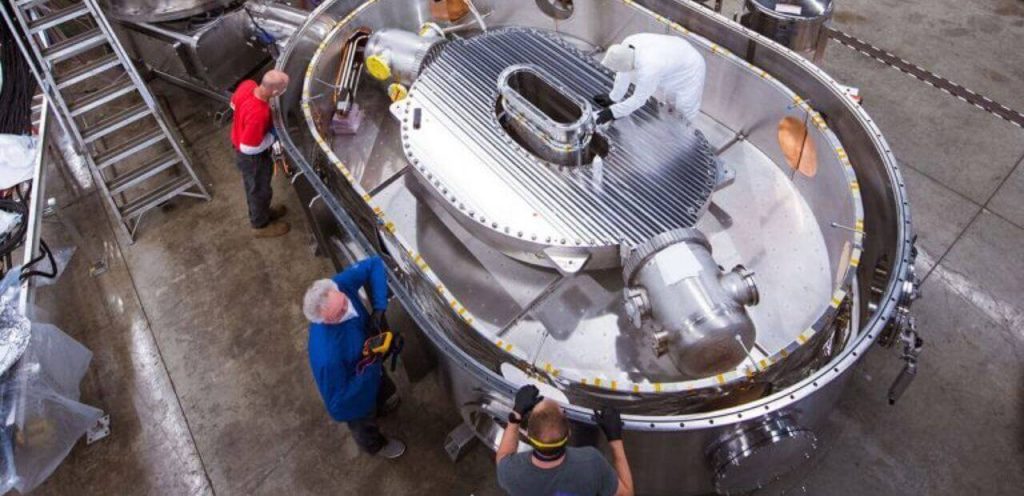A Diploma in Pathology in Bangladesh is an advanced medical program for aspiring pathologists. The course provides in-depth knowledge of disease mechanisms and laboratory diagnostics.
The field of pathology in Bangladesh has seen significant growth, leading to an increased demand for skilled professionals. To cater to this need, numerous Bangladeshi medical institutions offer a Diploma in Pathology, designed to equip students with specialized skills necessary for diagnosing diseases.
This diploma serves as a gateway for graduates to enter a vital sector of the healthcare industry, where they engage in critical analysis of biological samples to determine the cause of illnesses. The program typically spans over two to three years, combining theoretical knowledge with practical laboratory experience. Graduates find opportunities in hospital laboratories, research facilities, and as educators in academic institutions. The curriculum not only hones their expertise in histopathology, cytopathology, and clinical pathology but also emphasizes professional ethics, ensuring proficient and responsible practitioners in the field.

Credit: www.mdpi.com
Pathology In Bangladesh: A Growing Field
Rise Of Healthcare Needs
As the population grows, so do health challenges. Diseases, both old and new, require quick and accurate diagnosis. This need translates to greater reliance on medical laboratories. Labs across the country are on a constant lookout for skilled pathologists. They help meet this surging demand.- Increasing population means more health tests.
- Labs are expanding to cope with the healthcare needs.
- Qualified pathologists are in high demand.
Role Of Pathologists
Pathologists are detectives in lab coats. They decode the story that tissues and cells tell. By studying blood samples and biopsies, they identify diseases at an early stage. This early detection is vital. It can save lives through timely treatment. The role of a diploma holder in pathology in Bangladesh includes:| Task | Importance |
|---|---|
| Analyzing Samples | Core duty in diagnosis. |
| Reporting Findings | Doctors rely on these reports. |
| Quality Control | Ensures accurate test results. |
Diploma In Pathology: An Introduction
The field of medical diagnostics offers bright prospects in Bangladesh. A Diploma in Pathology is a notable choice for those aiming to enter this vital healthcare sector. This program arms students with the necessary skills to perform in various diagnostic settings. Scope of the Program
Scope Of The Program
With a Diploma in Pathology, graduates tap into diverse opportunities. Roles in hospitals, clinics, and labs become accessible. Career growth continues to rise as the demand for skilled pathology technicians grows. Those with a passion for disease investigation and medical research find their niche in this domain.
- Employment in government and private hospitals
- Positions in research labs and diagnostic centers
- Pathology assistants in medical institutions
Course Structure
Course Structure
The course design offers a balance between theory and practice. A comprehensive curriculum lays the foundation for this specialization. Students engage in hands-on training to master cutting-edge diagnostic techniques.
| Year | Focus Area |
|---|---|
| First Year | Basic Medical Sciences |
| Second Year | Advanced Pathological Studies with Lab Work |
- Introduction to Pathology
- Human Anatomy and Physiology
- Pathogen Biology
- Diagnostic Methods and Tools
- Clinical Biochemistry
- Microscopy and Cytology
Eligibility And Admission Criteria
Academic Requirements
To qualify for a Diploma in Pathology, candidates must meet specific academic standards:- Completion of Higher Secondary Certificate (HSC) or equivalent.
- Science background with Biology at HSC level.
- Minimum GPA specified by the institution.
Admission Process
The admission process typically involves several steps:- Application Submission: Fill out the application form with accurate details.
- Entrance Examination: Sit for an aptitude test if required by the institution.
- Document Verification: Submit academic transcripts and other necessary documents.
- Interview: Attend an interview or counseling session, if applicable.
- Admission Offer: Secure a seat upon successfully passing the selection criteria.
Curriculum Breakdown
Core Subjects
The foundation of the Diploma in Pathology consists of various core subjects. Each subject is integral to forming a well-rounded pathologist.- Human Anatomy covers the structure of the human body.
- Physiology outlines the functions of organs and systems.
- Biochemistry dives into chemical processes within the body.
- Pathology focuses on the nature and causes of diseases.
- Microbiology studies microbes and their effects on humans.
- Hematology examines blood and its disorders.
- Immunology explores the immune system and its disorders.
Hands-on Training
Hands-on training is a key part of the curriculum. It involves direct, practical experience. This section highlights the main areas where students will receive practical training.- Collecting, handling, and processing specimens.
- Operating advanced laboratory equipment.
- Conducting a range of diagnostic tests and procedures.
- Maintaining safe and efficient work practices.
- Interpreting test results and learning to communicate them efficiently.
Faculty And Teaching Methodologies
Expert Instructors
The diploma program boasts a lineup of highly qualified professionals. Each instructor brings years of experience in the field of pathology. Their expertise is not only in teaching but also in real-world diagnostics and research.- Doctors and Pathologists: Lead courses and share clinical insights.
- Researchers: Discuss the latest findings in pathology.
- Guest Speakers: Offer diverse perspectives from various healthcare sectors.
Teaching Techniques
Creative and interactive teaching methods contribute to a solid educational foundation. Modern techniques are employed to foster an engaging learning environment.- Lectures: Provide foundational knowledge in pathology.
- Labs: Offer hands-on experience with state-of-the-art equipment.
- Case Studies: Enhance problem-solving abilities.
- Group Work: Build teamwork and communication skills.
- Seminars: Encourage deeper exploration of topics.

Credit: online.uga.edu
Lab Facilities And Equipment
State-of-the-art Labs
Bangladesh takes pride in offering cutting-edge laboratories within its educational institutions. These labs act as the backbone of the Diploma in Pathology programs. Students access an array of advanced laboratory settings, closely mirroring the professional world. Each lab is designed to meet stringent global standards, ensuring learners are well-prepared. Typical features of these labs include, but are not limited to:- High-precision microscopes for detailed specimen analysis
- Automated analyzers to streamline complex tests
- Virtual simulation tools that allow for error-free learning
- Digital imaging systems for accurate diagnosis
Learning With Modern Tools
A Diploma in Pathology is all about working with modern diagnostic tools. These programs equip students with contemporary instruments, fostering skills necessary for today’s lab work. Each piece of equipment, from spectrophotometers to centrifuges, propels learners towards excellence. The equipment portfolio includes:- Advanced hematology analyzers for complete blood profiling
- Molecular diagnostics tools for genetic testing
- Quality control systems to maintain test accuracy
- Immunology kits to understand complex immune responses
Clinical Rotations: Bridging Theory And Practice
Embarking on a Diploma in Pathology in Bangladesh unveils a pivotal chapter where students transition from textbooks to the tactile world of healthcare. Clinical rotations play a crucial role. They form a bridge between theoretical knowledge and medical practice. It’s during this phase students apply classroom teachings in real-world scenarios under expert supervision.
Hospital Partnerships
Strategic partnerships with renowned hospitals define the quality of clinical rotations. These affiliations ensure students get exposed to diverse medical environments. Students interact with experienced pathologists and get to observe a multitude of cases.
- First partnership details
- Second partnership details
- Third partnership details
Real-world Experience
Hands-on experience during rotations is invaluable. Students delve into specimen collection, analysis, and diagnosis. They learn nuances that aren’t found in books.
- Case Studies: Deep dive into specific patient cases
- Lab Techniques: Master cutting-edge diagnostic tools
- Patient Interaction: Develop communication skills
With each rotation, confidence builds as students become an integral part of the pathology team. From observing autopsies to participating in biopsy procedures, the real-world experience is unmatched. They develop a thorough understanding of diseases at the molecular level, all leading to a well-rounded education and a robust foundation for a career in pathology.
Internship Opportunities
Placement Services
Colleges and universities offering pathology programs often partner with local hospitals and labs. This partnership helps you find internships that fit your learning goals. They connect you with medical professionals who guide your growth. These services lean on networks of alumni and industry partnerships, offering paths to internships where you can apply your knowledge.Importance Of Internships
- Practical experience: Internships provide a platform to practice pathology techniques under expert supervision.
- Networking: You can build professional relationships which may lead to job opportunities post-graduation.
- Skill enhancement: On-the-job challenges refine your problem-solving and analytical skills, crucial for pathologists.
- Career clarity: Exposure to different pathology specializations helps you choose your future career path.
Licensing And Certifications
National Exams
Those who complete a Diploma in Pathology must clear national exams to practice. These exams test the applicant’s knowledge and competence in pathology.- BCS Health Cadre exam: Candidates must pass this to work in the government sector.
- Licensing Exam: Conducted by the Bangladesh Medical & Dental Council (BMDC), it’s mandatory for all.
Certification Bodies
In Bangladesh, certification bodies uphold the standards of pathology practice. They issue credentials that signify expertise and dedication to the profession.| Certification Body | Role |
|---|---|
| BMDC | Regulates medical practitioners and their certifications. |
| BCPS | Awards Fellowship and Membership certifications. |
Career Prospects After Diploma
Pathology Assistants
Pathology Assistants play a crucial role in diagnostic medicine. Their responsibilities include:- Examining and processing lab specimens
- Assisting in autopsy procedures
- Ensuring quality lab standards
| Hospitals | Clinics | Research Labs |
|---|---|---|
| Public sector | Private health care | Academic institutions |
Research Opportunities
Pathology is rich with research prospects. Diploma holders can engage in:- Developing new diagnostic techniques
- Participating in cutting-edge medical trials
- Contributing to scientific publications
Higher Education Pathways
Masters And Ph.d. Options
A diploma in pathology is just the beginning. Graduates can further their studies by pursuing a Masters or doctorate (Ph.D.). These programs offer an in-depth understanding of diseases and laboratory practices. They prepare students for higher positions in healthcare, research, or academia. Let’s consider the next-level options:- Masters in Pathology: A two-year program focusing on pathological science and diagnostics.
- Ph.D. in Pathology: An advanced research degree diving deep into disease mechanisms and pathology.
Specialization Areas
Pathology covers a wide range of diseases. Specializations allow pathologists to become experts in specific fields. They enhance skills, knowledge, and career prospects. Notable areas include:| Specialization | Focus Area |
|---|---|
| Clinical Pathology: | Lab analysis of bodily fluids. |
| Anatomic Pathology: | Tissue diagnosis through biopsies. |
| Forensic Pathology: | Studying causes of death. |
| Neuropathology: | Diseases of the nervous system. |
| Hematopathology: | Blood disorders. |
Employment Trends In Pathology
Job Market Analysis
Demand for skilled pathologists in Bangladesh has been on the rise. The following points highlight key trends:- Increased healthcare investments are creating more jobs.
- There’s a growing network of labs and hospitals in urban areas.
- Rural regions are seeing improvements in medical facilities.
| Position | Experience | Average Salary (BDT) |
|---|---|---|
| Lab Technician | Entry-Level | 15,000 – 20,000 |
| Medical Technologist | 1-3 years | 25,000 – 35,000 |
| Pathology Assistant | 3-5 years | 40,000 – 60,000 |
Emerging Opportunities
Pathology graduates can look forward to diverse career paths. Noteworthy trends include:- Development in molecular pathology and genetics.
- Expansion of telepathology services.
- Advancements in digital pathology.
Earnings And Compensation
Starting Salaries
First job earners with a Diploma in Pathology typically see salaries that reflect the demand for skilled technicians in Bangladesh’s growing healthcare sector. Graduates often find jobs in hospitals, diagnostic labs, and research facilities.| Position | Average Starting Salary |
|---|---|
| Lab Technician | BDT 20,000 – 30,000 per month |
| Research Assistant | BDT 22,000 – 35,000 per month |
Growth Potential
Your diploma is just the beginning! With continuous learning and on-the-job experience, your salary can rise significantly. Here’s what you could expect:- Experience matters: More years, higher pay
- Advanced positions: Lead technicians, supervisors, payouts increase
- Specialization pays: Focus on a niche, become indispensable, earn more
Professional Bodies And Associations
Membership Benefits
Joining a professional body in pathology opens doors to exclusive advantages:- Access to latest research and findings in pathology.
- Networking opportunities to connect with peers and experts.
- Discounts on conferences and workshops, saving money.
- Eligibility for awards and scholarships, enhancing CVs.
- Job boards with specialized pathology positions, aiding employment.
Continued Professional Development
For pathology graduates, ongoing learning is crucial:- Seminars and webinars keep skills sharp and current.
- Online courses and certifications further expertise and knowledge.
- Publications and journals provide insights into advanced research.
- Mandatory Continuing Medical Education (CME) credits for license renewal.
Key Challenges In The Field
Healthcare Challenges
Pathologists in Bangladesh experience unique healthcare challenges:- Limited resources often restrict accurate diagnosis.
- Advanced equipment scarcity complicates in-depth studies.
- Inadequate training facilities hamper skill development.
- There’s a high volume of cases overwhelming professionals.
Ethical Considerations
Ethical dilemmas also confront pathology professionals:- Ensuring patient confidentiality in all procedures is a must.
- There is a need for impartial reporting, despite external pressures.
- Consent and communication in sensitive cases is crucial.
- Professionals must navigate moral implications of genetic testing.
Technology And Innovation In Pathology
Advancements In Diagnostics
The world of medical testing is changing fast. In Bangladesh, students learn to use these new tools:- Digital Microscopes: These show tiny things in great detail.
- Automated Analyzers: Machines test blood faster now.
- Genetic Testing: This finds diseases by looking at genes.
Impact Of Technology
Technology makes doctors’ work better. They can see problems faster with new machines. They also can share information quickly with other doctors. This all helps patients to get better care.| Old Way | New Way with Tech |
|---|---|
| Slow tests | Quick and precise tests |
| Hard to find rare diseases | Easier to find with genetic tests |
| Paper records | Digital records that are easy to share |
Case Studies: Successful Graduates
Alumni Achievements
Bangladeshi pathology diploma holders have made significant marks both locally and internationally. These professionals demonstrate remarkable expertise in various healthcare settings.- Leadership positions in top hospitals
- Advancement in clinical research
- Innovative contributions to medical diagnostics
- Notable participation in international health symposiums
Real Success Stories
The stories of dedicated graduates can inspire current and future students. These examples prove the efficacy of the program.- Dr. Anika Bashir: A renowned pathologist now leading a major hospital’s pathology department.
- Dr. Hasan Mahmood: Known for groundbreaking work in infectious disease research.
- Dr. Laila Afrin: A pioneer in advanced cytology now teaching at a prestigious university.
Facing Global Health Issues
Public Health Contributions
In Bangladesh, diploma holders in pathology serve as vital contributors to the nation’s health infrastructure. They perform critical tasks that safeguard the community:- Disease detection through precise lab tests.
- Outbreak investigation to stop diseases from spreading.
- Developing preventive strategies for chronic illnesses.
International Collaborations
International ties elevate the quality of pathology services in Bangladesh. These collaborations lead to:| Benefits | Examples |
|---|---|
| Advanced Research | Partnerships with global health organizations |
| Skills Enhancement | Training and workshops abroad |
| Resource Sharing | Exchange of knowledge and technology |
Cultural Competence In Healthcare
Understanding Diversity
Bangladesh is a tapestry of cultures. A Diploma in Pathology prepares healthcare professionals to respect this diversity. They learn about different cultural beliefs and practices. This knowledge is vital for accurate diagnosis and effective treatment.- Health beliefs vary widely.
- Family structures influence healthcare decisions.
- Understanding multicultural health practices is essential.
Effective Communication
In healthcare, clear communication saves lives. Pathology diploma courses emphasize this. Students learn key communication skills.- Listen without judgment.
- Use simple language, not medical jargon.
- Get feedback to ensure understanding.

Credit: www.mdpi.com
Future Of Pathology Education In Bangladesh
Educational Reforms
Pathology education in Bangladesh is set for unprecedented reform. Key changes aim to boost learning experiences. Here’s a glimpse at the proposals:- Integrated curricula with clinical correlations.
- Digital pathology inclusion for tech-forward education.
- Research opportunities for students during their diploma.
- Enhanced quality control in pathology labs for hands-on training.
Vision For The Future
Bangladesh eyes a future where the field of Pathology thrives on innovation. The vision includes:| Global Standards: | Accommodating international guidelines in pathology. |
| State-of-the-art Labs: | Facilities equipped with cutting-edge technology. |
| Continuous Learning: | Programs for pathologists to learn latest trends. |
| Collaborative Efforts: | Partnerships with global institutions. |
Frequently Asked Questions For Diploma In Pathology In Bangladesh
What Is A Diploma In Pathology?
A Diploma in Pathology is an academic program in Bangladesh focusing on the study of disease causes, processes and effects.
How Long To Complete Pathology Diploma?
Typically, a Diploma in Pathology in Bangladesh takes about 2 to 3 years to complete, depending on the institution.
Is Pathology Diploma Eligible For Doctors?
Yes, medical graduates can pursue a Diploma in Pathology to specialize further in disease diagnostics and lab sciences.
What Career Options After Pathology Diploma?
Graduates can work as lab technologists, pathologists or pursue further studies in medical research and diagnostics.
Can I Study Pathology Diploma Part-time?
Some institutions may offer part-time options for a Diploma in Pathology, but it predominantly requires full-time study.
Conclusion
Embarking on a diploma in pathology in Bangladesh paves the way for a meaningful career in medical science. It offers essential skills to tackle diagnostic challenges. Graduates emerge as vital assets in healthcare, contributing to improving patient outcomes. For those inspired by medical investigation, this pathway is a powerful springboard towards a rewarding future.









